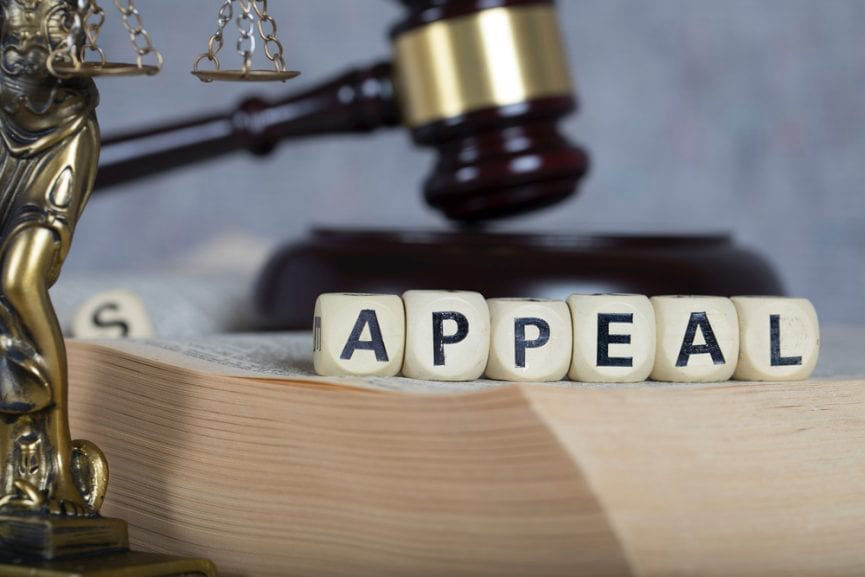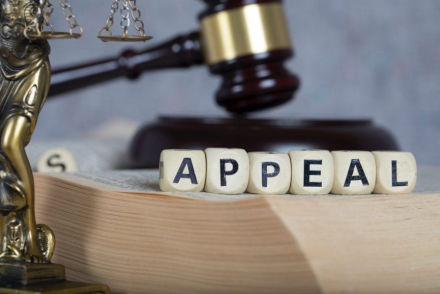This blog post will provide an overview of the federal appeals process in New York and explain the role of federal appeal attorneys, helping you understand your legal options if you find yourself needing to challenge a court decision.
What Is a Federal Appeal?
A federal appeal is a legal process in which a party that is dissatisfied with a decision made by a U.S. District Court seeks to have that decision reviewed and potentially reversed by a higher court. The appeal is heard by a U.S. Court of Appeals, and in New York, this court is the U.S. Court of Appeals for the Second Circuit, headquartered in Manhattan.
It’s important to note that an appeal is not a new trial. The appellate court does not re-hear witnesses or review new evidence. Instead, it focuses on reviewing the record of the trial court proceedings to determine whether there were legal errors that substantially affected the outcome of the case.
Grounds for Filing a Federal Appeal
Not all unfavorable court decisions can be appealed. There must be specific grounds for the appeal, such as:
Legal errors: Mistakes made by the trial judge, such as misinterpreting the law or allowing inadmissible evidence.
Procedural errors: Failures in following the proper legal processes that may have affected the fairness of the trial.
Insufficient evidence: Arguing that the evidence presented at trial was not sufficient to justify the court’s decision.
The window to file a federal appeal is narrow—usually within 30 days of the court’s final judgment—so it’s crucial to act quickly if you believe there are valid grounds for appeal.
The Role of Federal Appeal Attorneys
The appellate process requires specialized skills and knowledge that differ from those of trial attorneys. A federal appeal attorney focuses on the following key areas:
1. Legal Research and Writing
Appellate advocacy is primarily written advocacy. Your federal appeal attorney must craft a persuasive written brief, citing relevant case law, statutes, and regulations to demonstrate how legal errors occurred and why the court’s decision should be reversed or modified.
2. Oral Arguments
While the written brief is the cornerstone of an appeal, your attorney may also present oral arguments before the panel of judges. These arguments must be concise, persuasive, and tailored to address the judges' specific questions and concerns.
3. Reviewing Trial Records
The appellate attorney must meticulously review the trial court records to identify errors and preserve key issues for the appeal. This includes analyzing transcripts, rulings, evidence, and any other relevant documents from the trial.
4. Experience with the Federal Court System
Federal appellate courts operate under different rules than state courts, and an experienced federal appeal attorney understands the specific procedures and standards of the federal appellate system. For example, the U.S. Court of Appeals for the Second Circuit has its own unique rules for briefing schedules, formatting, and oral argument procedures.
Why Hire a Federal Appeal Attorney in New York?
If you're appealing a federal case in New York, it's essential to hire a lawyer who has extensive experience in federal appellate litigation. A skilled federal appeal attorney will:
Assess the strength of your appeal: Not every unfavorable decision is worth appealing. An experienced attorney will evaluate your case to determine whether there are valid grounds for an appeal and whether it is likely to succeed.
Develop a compelling appellate strategy: Appellate advocacy requires a strategic approach. A federal appeal attorney will tailor the appeal to address the most critical legal issues while presenting your case in the most persuasive manner possible.
Handle procedural complexities: The appellate process is governed by strict deadlines and rules. An attorney will ensure that all filings are completed correctly and on time, preventing procedural missteps that could jeopardize your case.
What Happens After Filing a Federal Appeal?
Once an appeal is filed, the process generally unfolds as follows:
Record on Appeal: The trial court record is compiled and forwarded to the appellate court.
Appellate Briefs: Both sides submit written briefs. The appellant (the party filing the appeal) argues that legal errors occurred, while the appellee (the opposing party) argues that the trial court’s decision should be upheld.
Oral Argument: In some cases, the appellate court may hear oral arguments from both parties. Judges may ask questions to clarify points raised in the briefs.
Appellate Decision: The appellate court will issue a written opinion, either affirming, reversing, or remanding the case back to the lower court for further proceedings.
If you believe you have been wronged by a federal court decision, a federal appeal attorney in New York can help you navigate the complex appellate process. An appeal is a significant legal undertaking, requiring in-depth knowledge of appellate law, a strong grasp of legal writing, and the ability to craft a compelling argument for the appellate court. By working with an experienced attorney, you can protect your legal rights and increase your chances of obtaining a favorable outcome.


